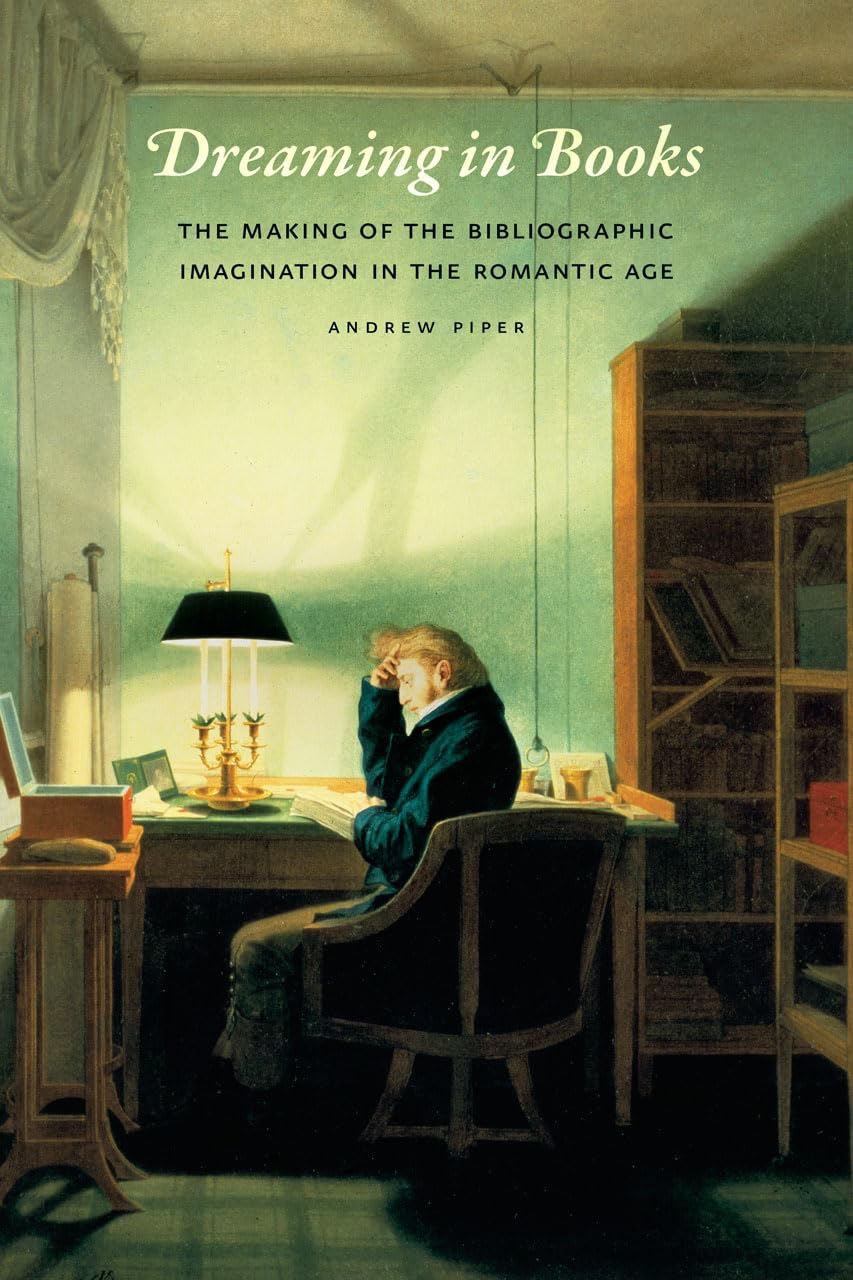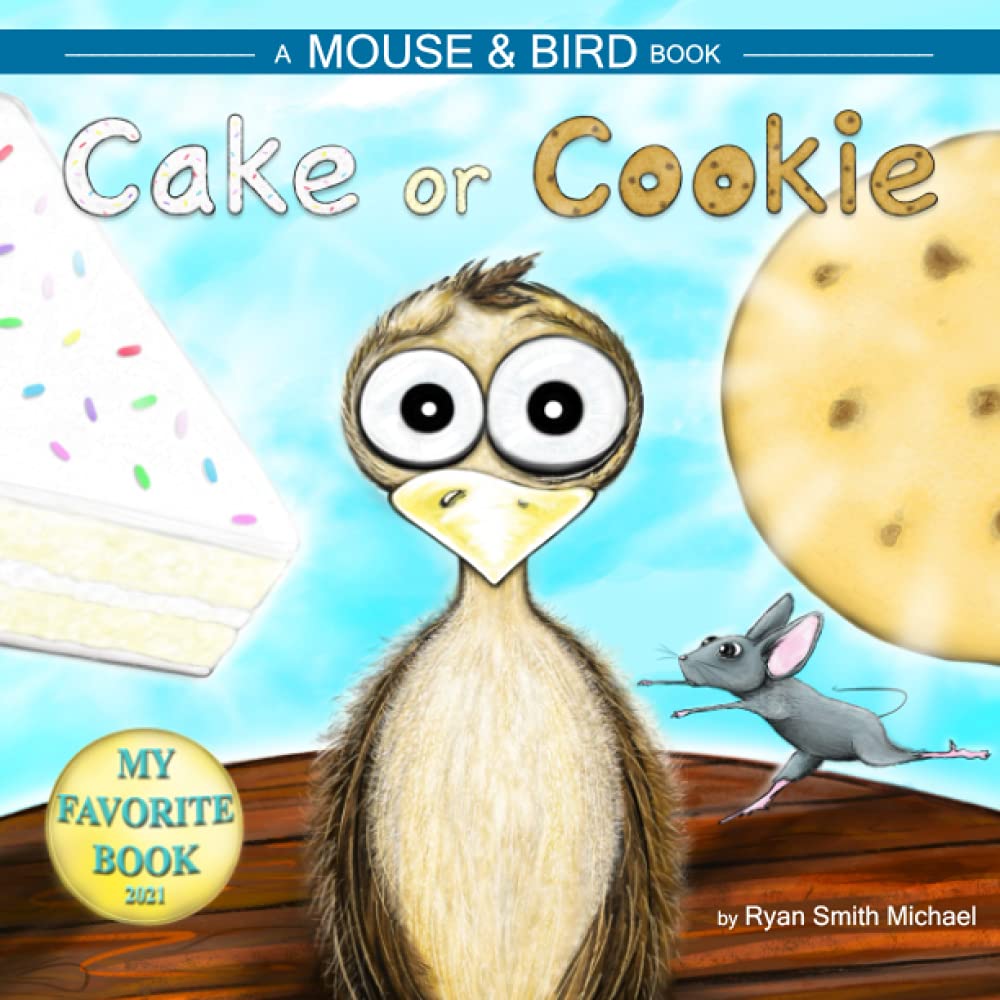At the turn of the nineteenth century, publishing houses in London, New York, Paris, Stuttgart, and Berlin produced books in ever greater numbers. But it was not just the advent of mass printing that created the era’s “bookish” culture. According to Andrew Piper, romantic writing and romantic writers played a crucial role in adjusting readers to this increasingly international and overflowing literary environment. Learning how to use and to want books occurred through more than the technological, commercial, or legal conditions that made the growing proliferation of books possible; the making of such bibliographic fantasies was importantly a product of the symbolic operations contained within books as well. Examining novels, critical editions, gift books, translations, and illustrated books, as well as the communities who made them, Dreaming in Books tells a wide-ranging story of the book’s identity at the turn of the nineteenth century. In so doing, it shows how many of the most pressing modern communicative concerns are not unique to the digital age but emerged with a particular sense of urgency during the bookish upheavals of the romantic era. In revisiting the book’s rise through the prism of romantic literature, Piper aims to revise our assumptions about romanticism, the medium of the printed book, and, ultimately, the future of the book in our so-called digital age. “Andrew Piper has written a book about the nineteenth century’s romance with books, looking at the many ways in which the physical character of a book and its illustrations shaped a reader’s avidity. Piper’s scholarly history is fueled by a bookish ardor—you can feel the love that went into his footnotes. This writer’s thinking comes straight out of the long afternoons he must have spent in the library, pulling book after book off the shelves, experiencing the power not only of words but also of bindings, typefaces, and illustrations.” -- Jed Perl ― New Republic “Piper re-evaluates our relationship to the book and widens the scope of what is possible in the Humanities.” ― Gramma "Andrew Piper has written a book about the nineteenth century’s romance with books, looking at the many ways in which the physical character of a book and its illustrations shaped a reader’s avidity. Piper’s scholarly history is fueled by a bookish ardor—you can feel the love that went into his footnotes. This writer’s thinking comes straight out of the long afternoons he must have spent in the library, pulling book after book off the shelves, experiencing the power not only of words but also of bindings, typefaces, and illustrations." -- Jed Perl ― The New Republic Published On: 2009-12-22 “Beyond its value as a contribution to the broader history of the book, Piper’s relational study of the book aims to reassess today’s pervasive discourse of anxiety about the end of book culture in the digital age, suggesting instead that the book and the computer (along with other media) have existed and will continue to coexist side by side.” -- ACLA, Harry Levin Prize Citation, 2011 runner-up ― ACLA, Harry Levin Prize, 2011 runner-up “Andrew Piper’s Dreaming in Books opens a new understanding of the history of the book as simultaneously historical and literary. With its scope and meticulous research, it documents the way the technologies of book production become ways to structure culture itself, and shows how the dawn of mass communication made books part of human relationships. Books, we see, sit at the very center of a Romantic culture that extends even into the digital age. This book itself will be of lasting value to scholars of book history, Romanticism, and literary studies.” -- Barbara M. Benedict, Trinity College “Andrew Piper’s sustained interdisciplinary venture in the material and literary culture of print circulation fuses book studies and literary history in an arresting new meld. With the manifold interactions, public and private, of an expanding literacy found rehearsed within one text after another, the Romantic book studies itself. Brought to a provocative focus in the rear-view mirror of electronic textuality and intermedia research, Dreaming in Books , as its double-edged title suggests, illuminates not only the particular mental landscapes released by reading but the social imaginary of bookhood all told. No one working in the crossover field of bibliographic and literary study can afford to ignore Piper’s original approach; no one working in either field separately can fail to learn from it.” -- Garret Stewart, author of The Look of Reading: Book, Painting, Text “This is the book that book history itself has been waiting for—a confirmation of that field’s capacity to construct vividly new literary histories. Dreaming in Books takes as its subject not just particular texts or particular practices—though examples of both abound—but an entire environment: the ‘international and overflowing bookish environment’ of













